After more than a dozen years of negotiations in the Doha round trade talks – and a final push over the past four days during a high-level meeting in Bali – it seems the World Trade Organisation (WTO) has finally achieved something: the organisation's 160 members appear to have reached an agreement (pdf), which should be made official on Friday evening. The implications for developing countries are huge.
The Bali meeting's tense final moments came down to a standoff over food security, an issue that had divided developing countries. On one side, India was arguing that it should be allowed to pay its farmers above-market prices for the crops that it buys for the government's domestic food stockpiles. In a country where more than half of the workforce is employed in the agricultural sector, farming is very big politics. With elections looming in the first half of next year, Indian officials didn't want to look as though they were selling out Indian farmers on the world stage.
On the other side, developing countries such as Thailand, Pakistan, and Uruguay – all of which, like India, are major exporters of rice – contended that overpaid farmers in India could undercut producers in their own countries. The US was also a vocal opponent, arguing that India was asking for allowances that went against the spirit of the free trade talks, which generally aim to reduce – not increase – government intervention in the marketplace.
After closed-door meetings that lasted well into the early hours of Friday, the negotiators in Bali finally came to a provisional agreement (pdf), which is due to be finalised on Friday evening. Countries agreed to a four-year peace clause, meaning that they won't challenge India's food security measures before December 2017. In return, India has vowed to ensure that its policies "do not distort trade or adversely affect the food security of other [WTO] members", among a few other conditions.
By ironing out their differences on food security, negotiators paved the way for deals on two other topics that will have big impacts in the developing world. The first is trade facilitation, which could add $1tn to the global economy by cutting red tape – which tends to be at its thickest in poor countries – at border crossings. The second is a package of issues that are relevant to Least Developed Countries (LDCs); these include allowing LDC exports easier access to rich-country markets. Although the language in those texts has been diluted by years of bargaining, negotiators now appear ready to finalise both agreements.
But taking a step back from the nitty-gritty of the negotiations themselves, the biggest news to emerge from Bali is the mere fact that trade officials managed to agree on anything at all. For at least the past five years, as the global trade talks have continued to stumble, the WTO has appeared to be on a slow but seemingly inexorable slide toward total irrelevance. The organisation's Doha talks have barely made any progress since 2001, even as regional and bilateral trade agreements – which some see as more realistic alternatives to the global negotiations – have flourished.
But something changed in Bali today: negotiators proved that they could actually get something done. The so-called Bali package represents just a tiny fraction of the issues that negotiators set out to tackle in the Doha Round talks. But still, it's progress.
And who knows how many more breakthroughs Friday's agreement might inspire. The Bali package ends with a commitment for trade officials to develop a "clearly defined work programme" to tackle the remaining issues in the Doha talks. In time, that work could lead to progress on any number of issues that affect developing countries, including deeper cuts to rich countries' farm subsidies and easier access for developing country exports to foreign markets.
The WTO has long come under fire from anti-globalisation protestors, and such criticisms continue today, albeit to a lesser extent. But the WTO remains the only international economic forum in which developing countries are on an equal footing with their rich-country counterparts. Because all decisions at the WTO are taken by consensus, every country that takes part in the global trade talks has the opportunity to block a deal. The same cannot be said of the regional and bilateral negotiations that have become so popular of late.
So the WTO has lived to see another day, and perhaps another decade. Developing countries certainly have their work cut out for them in the negotiations that lie ahead. But progress, as we've seen, is at least possible; it just might take a dozen years to achieve.
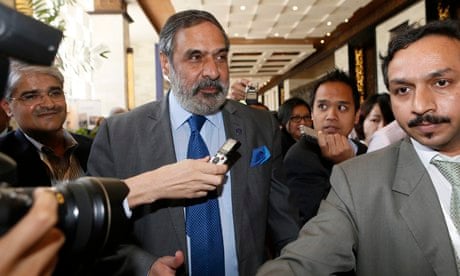

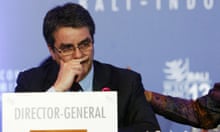
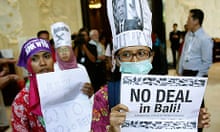


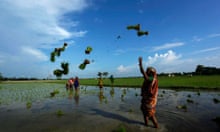
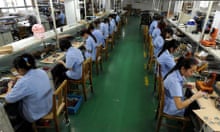
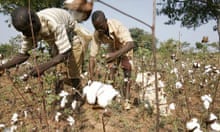
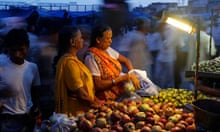
Comments (…)
Sign in or create your Guardian account to join the discussion